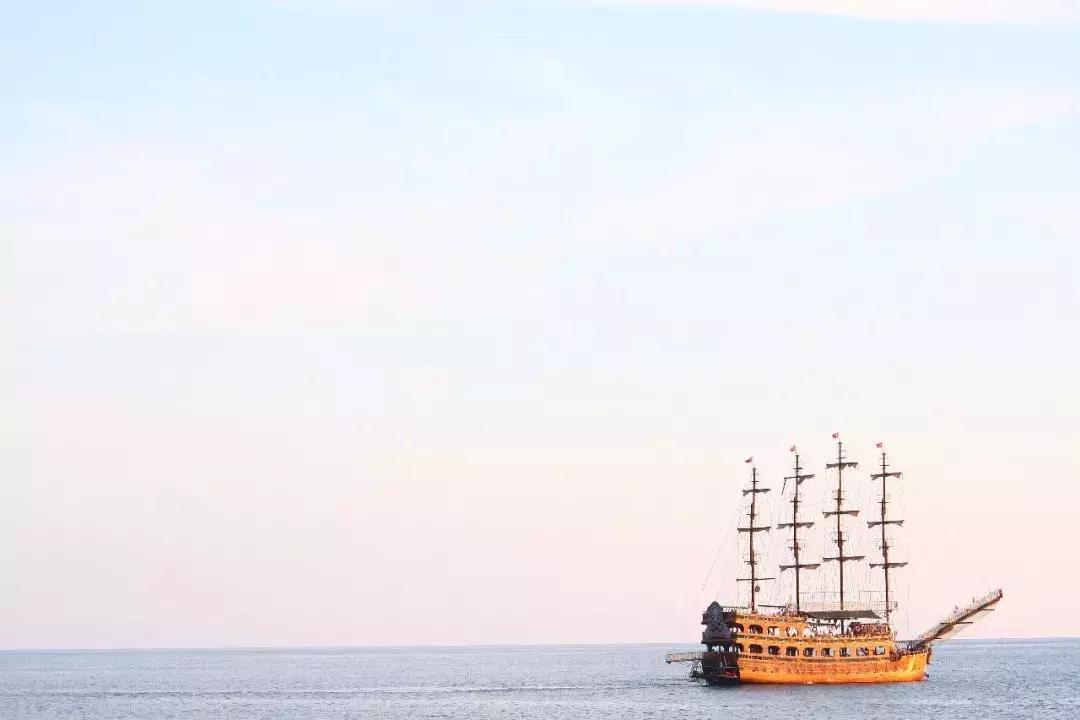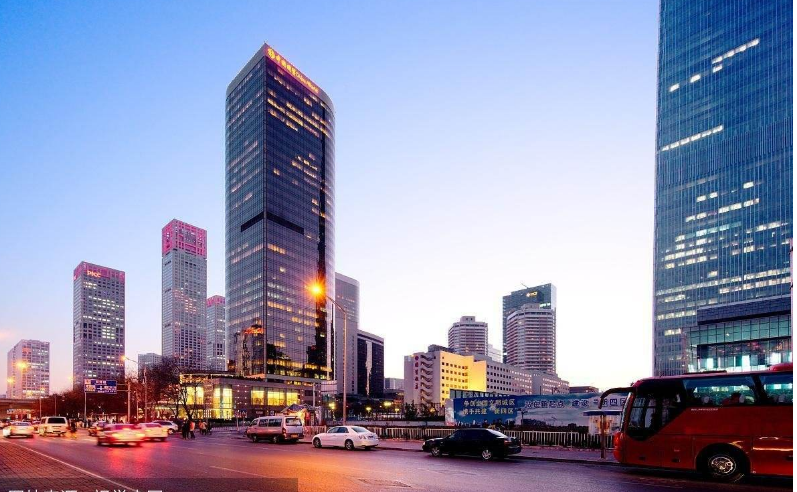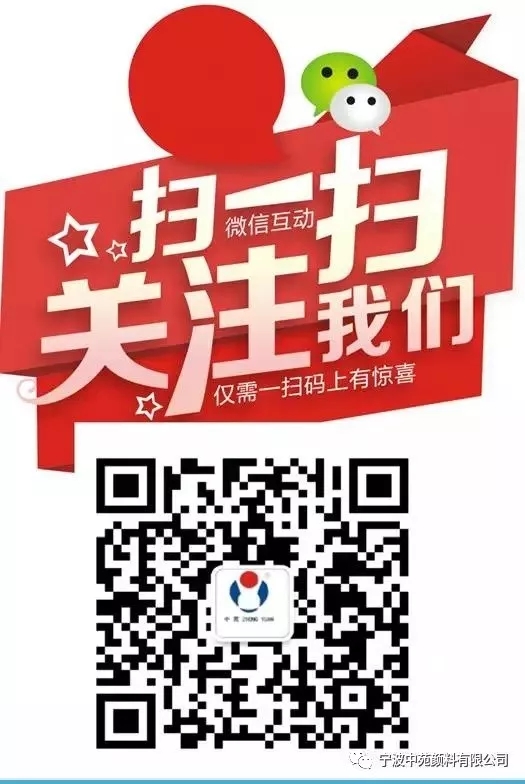

Most of the enterprises are back to work today? In the third month of 2020, roll up your sleeves and work hard to understand the new rules of foreign trade that will be implemented this month!
01
Supportive policies
In order to resolve the impact of the new crown epidemic on manufacturing industry and foreign trade, a series of targeted measures have been introduced from the central government to the local government. More important are:
The latest declaration period of export tax rebate will be cancelled in 2020. According to Article 4 of the announcement of the Ministry of Finance and the State Administration of Taxation on defining the value-added tax policies on the lease of state-owned agricultural land, if the taxpayer fails to declare the export tax refund (Exemption) or issue the certificate of export goods agency within the prescribed time limit, the taxpayer can apply for the export tax refund (Exemption) after receiving the tax refund (Exemption) certificate and relevant electronic information )Tax: if the foreign exchange is not collected or cannot be collected within the prescribed time limit, the tax refund (Exemption) can be declared after the collection or cannot be collected.
Small and medium-sized micro enterprises are exempted from three social insurance for five months. At the executive meeting of the State Council held on February 18, a number of new preferential policies for enterprises were released, including phased relief of enterprise pension, unemployment, work-related injury insurance unit payment, in order to reduce the impact of the epidemic on enterprises, especially small and medium-sized enterprises, so that there will be a buffer period for enterprises to resume production. Except for Hubei, the above three fees can be exempted for small and medium-sized micro enterprises from February to June, and can be reduced by half for large enterprises from February to April; Hubei Province can be exempted for all kinds of insured enterprises from February to June. At the same time, before the end of June, the enterprise can apply for delaying the payment of housing provident fund. During this period, the provident fund loans that the employees fail to repay normally due to the impact of the epidemic will not be treated as overdue. The implementation of the above policies, taking full account of the balance of social insurance funds and other situations, can ensure that social security benefits such as pensions are paid in full and on time.
In addition, various policies such as rent reduction and subsidy have been introduced. For details, please refer to the local government website or the business department.
For more details, please refer to the collation of local support policies, Guangdong regional policies and support policies for foreign trade enterprises.
02
New rules for entry and exit
Due to the novel coronavirus pneumonia spreading globally, friends who plan to travel abroad and travel in the near future should pay attention to the following arrangement for entry control of popular travel destinations, arrange tours in advance, do not buy tickets, only to find that visas are not available, or visas do not give entry to the mainland, causing unnecessary losses for themselves.
At present, the countries that restrict the entry of Chinese tourists (or tourists from some provinces) include: the United States, Japan, Russia, Australia, New Zealand, the Philippines, Malaysia, Singapore, Indonesia, Vietnam, etc.
In addition, it is also recommended not to go to South Korea, Japan, Italy, Iran and other countries with increasingly serious epidemic in the near future.
Recommend an official method of inquiry for entry and exit control:
"One click access to entry and exit information" on the official website of the State Administration of Immigration:
https://www.nia.gov.cn/n741435/n907688/n1234186/index.html
03
Import control
At present, many countries have restricted the import of food produced in China, including:
Since January 24, Kyrgyzstan has restricted the import of meat products from China. It is forbidden to import agricultural products from China since February 1.
Tajikistan's Food Safety Commission has banned all types of food from China.
Egypt banned onions from China and tightened controls on food imports from Asia.
Turkey has suspended the import of various animal products from China.
The Ministry of agriculture of Malaysia prohibits the import of pork and pork products from China and closely monitors the import of other agricultural products.
Nepal temporarily stopped importing animals and related meat products from China.
Jordan suspended the import of Chinese animal and plant products, and carried out sampling tests for coronavirus on cosmetics imported from China.
Indonesia prohibits the import of live animals from China.
Georgia temporarily stops importing all living animals, non living animals and animal products from China.
China's animal novel coronavirus is prohibited from importing wild animals, including snakes, bats, raccoons, badgers and civet cats.
Azerbaijan temporarily banned the import of livestock, animal products, seafood and wildlife from China.
Cameroon temporarily stopped importing animals and aquatic products from China. Strengthen animal quarantine measures at sea, land and air ports and supervision of animal quarantine departments.
Mauritius has imposed an embargo on some goods exported to Hong Kong, Taiwan and South China. Including: live animals and fish, frozen and dried seafood, including fish products, such as fish and oyster sauce, frozen and dried meat, wool, animal hair, animal feed, including fish feed.
The Kuwait Port Authority issued a notice on February 25 prohibiting all ports in Kuwait from receiving cargo ships arriving from China, Hong Kong, South Korea, Italy, Thailand, Singapore, Japan and Iraq.

04
Exhibition extension
受新冠肺炎影响,不少近期举行的国际知名展会已经官宣延期或取消,整理如下:
德国亚洲服装及配饰博览会
Asia Apparel Expo-Berlin
法兰克福灯光照明及建筑物技术与设备展
Light+Building 2020
德国科隆五金展览会
EISENWARENMESSE Fair
意大利米兰光学眼镜展览会
Mido 2020
意大利博洛尼亚美容展览会
Cosmoprof Bologna
意大利米兰国际家具展览会
Salone del Mobile.Milano
巴拿马国际贸易博览会
EXPOCOMER
斯里兰卡科伦坡纺织面料展览会
CIFS
印尼国际纺织服装机械展
INDO INTERTEX
印度尼西亚国际照明展览会
INALIGHT
马来西亚吉隆坡家具展览会
MIFF
马来西亚吉隆坡国际水处理展览会
ASIAWATER
新加坡亚洲食品展
FHA-Food&Beverage
新加坡亚洲酒店用品及烘焙展
FHA-HoReCa
巴基斯坦国际服装纺织机械展览会
IGATEX PAKISTAN
巴基斯坦国际橡塑印刷包装机械展览会
3P PlasPrintPack Pakistan
日本东京安防展览会
SECURITY SHOW
日本东京国际照明及LED照明展览会
LED NEXT STAGE
日本东京建筑建材展
Architecture + Construction Materials
澳大利亚国际建材及设备展览会
MDesignBUILD 2020
Hong Kong International Spring lighting exhibition;
Hong Kong Spring Electronics Show;
International IT Expo;
Hong Kong household goods exhibition;
Hong Kong International Home Textiles Exhibition;
Hong Kong Fashion Festival;
Hong Kong Gifts and gifts exhibition and Hong Kong International Printing and packaging exhibition.
Recently, there are also many foreign businessmen leaving messages to ask whether a specific exhibition has been postponed or cancelled. The query method is: search the English name of the exhibition (for the exhibition), find the official website of the exhibition to see if there is an official announcement. If there is any change, it will generally be highlighted by the pop-up window.
05
New Indian battery inspection regulations
The Bureau of standards of India will implement new standards for rechargeable cells and batteries containing alkaline or other non acid electrolytes on March 14, 2020, and these products will be listed in the compulsory registration scheme.
There are two new standards:
1. Nickel battery is 16046 (Part 1): 2018 / IEC 62133-1:2017 standard will be adopted;
2. Lithium and nickel battery is16046 (Part 2): 2018 / IEC 62133-2:2017 standard will be adopted.
Two existing standards, is 16046:2015 / IEC 62133:2012, will stop accepting applications from February 14, 2020. The imported products that meet the existing standards shall be re inspected with the new standards, otherwise the import will be prohibited, and the battery manufacturing in India shall be handled with reference; the imported products or domestic inventory before March 14, 2020 are allowed to continue to be sold.
06
Vietnam reduces the threshold of automobile import
The government of Vietnam has promulgated No. 17 / 2020 / nd-cp agreement, supplemented and amended No. 116 / 2017 / nd-cp, and stipulated the conditions of automobile import assembly production and maintenance services. The most important new regulation is that imported vehicles are no longer required to conduct quality inspection batch by batch, and the state before the promulgation of No. 116 / 2017 / nd-cp is restored.
This measure is generally welcomed by Vietnamese importers. No. 17 / 2020 / nd-cp is agreed to take effect on March 22, 2020.
07
New rules for B / L in Pakistan
According to the latest port requirements of Pakistan, NTN number must be provided and displayed on the bill of lading. When submitting Si, the consignee's NTN number shall be provided and displayed on the last line of the consignee column; if the consignee is a bank or to order, the NTN number of the final consignee, that is, the first notifying person, shall be provided and displayed on the bill of lading. For SoC box, please display the NTN number of box in the product name column.
08
Mexico anti dumping
On February 14, Mexico's Ministry of economy announced in the official gazette that it had made a preliminary anti-dumping decision on the zipper with metal teeth originating in China, decided to continue the anti-dumping investigation and imposed a temporary anti-dumping duty of 96.66% of the price applied by the Customs on the products involved. The tigie tax number of the product involved is 9607.11.01. The resolution shall come into force the day after its promulgation.
March, come on!
